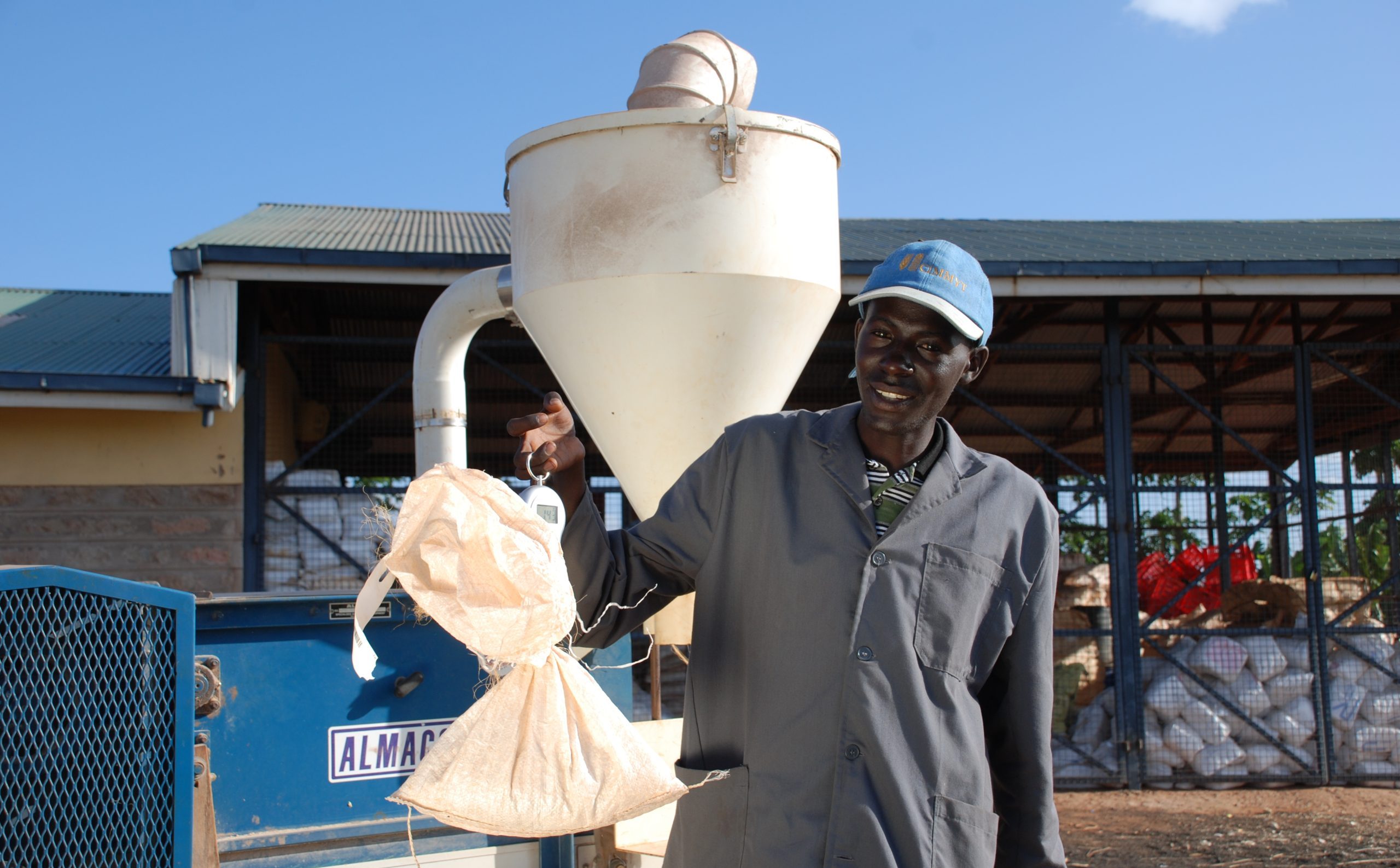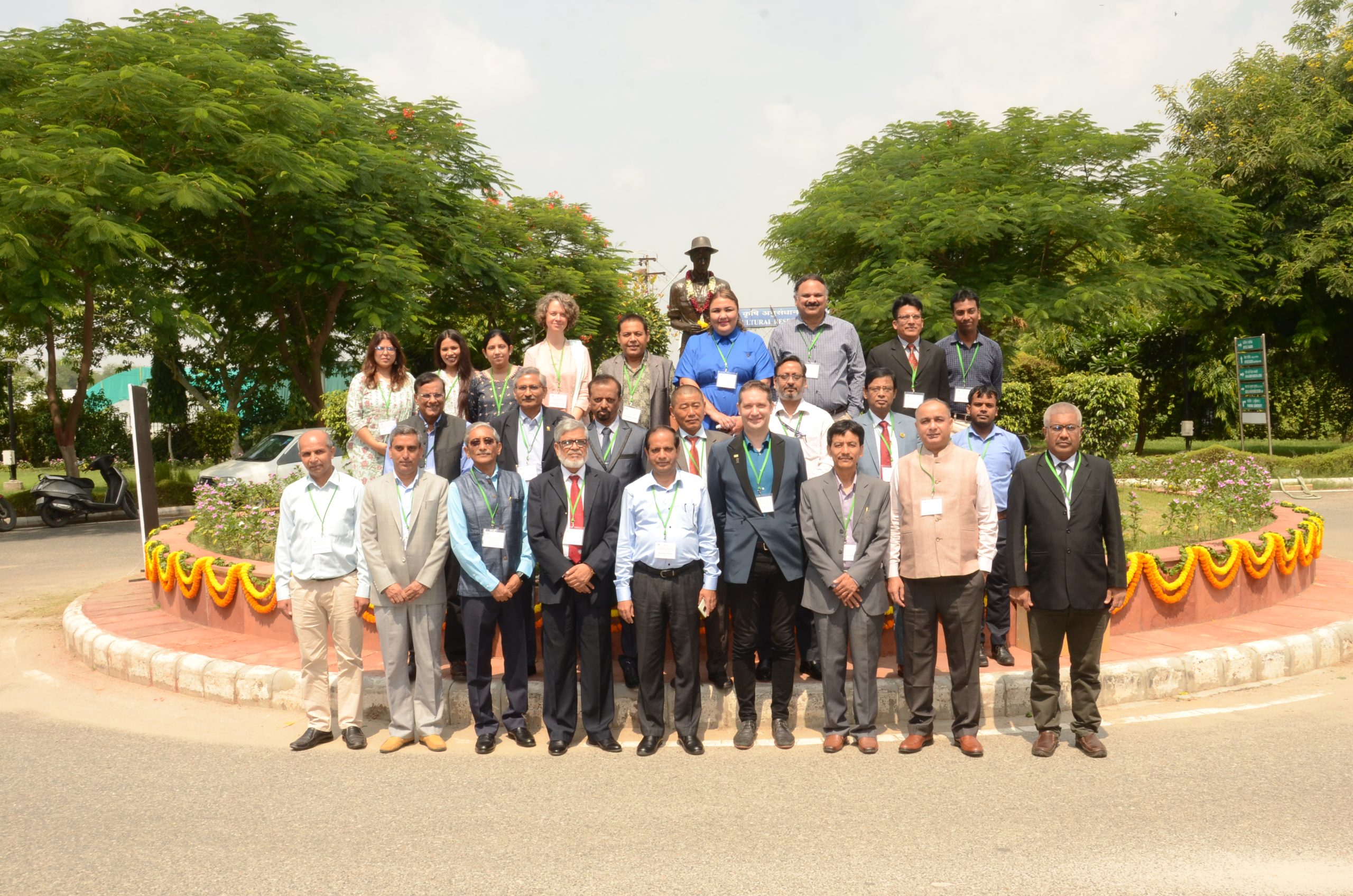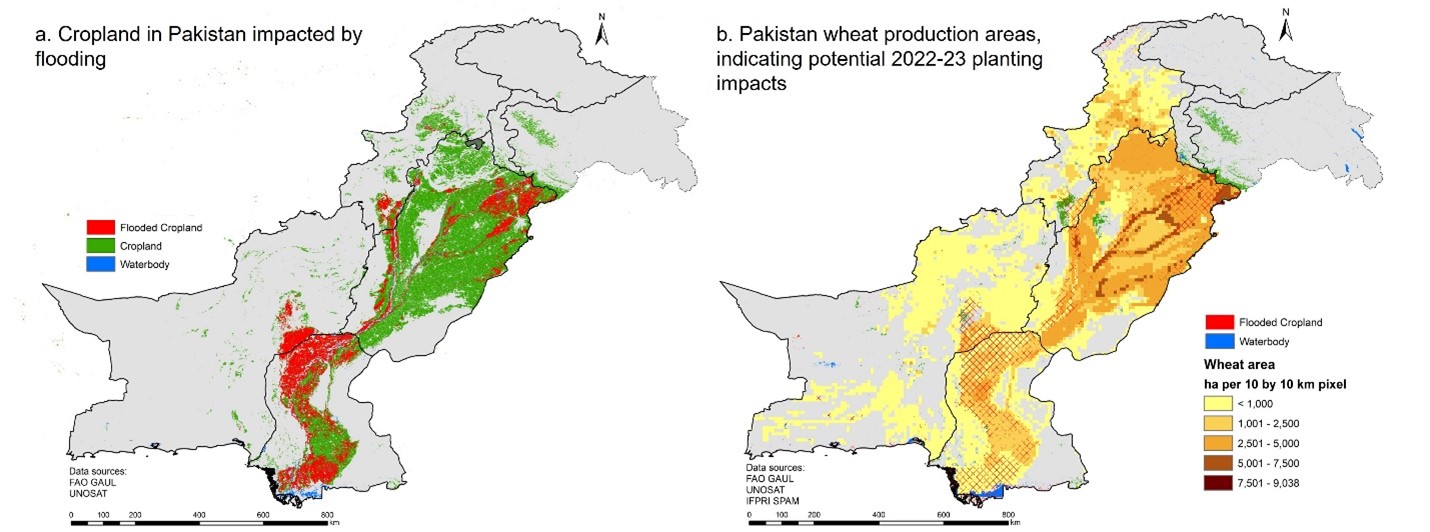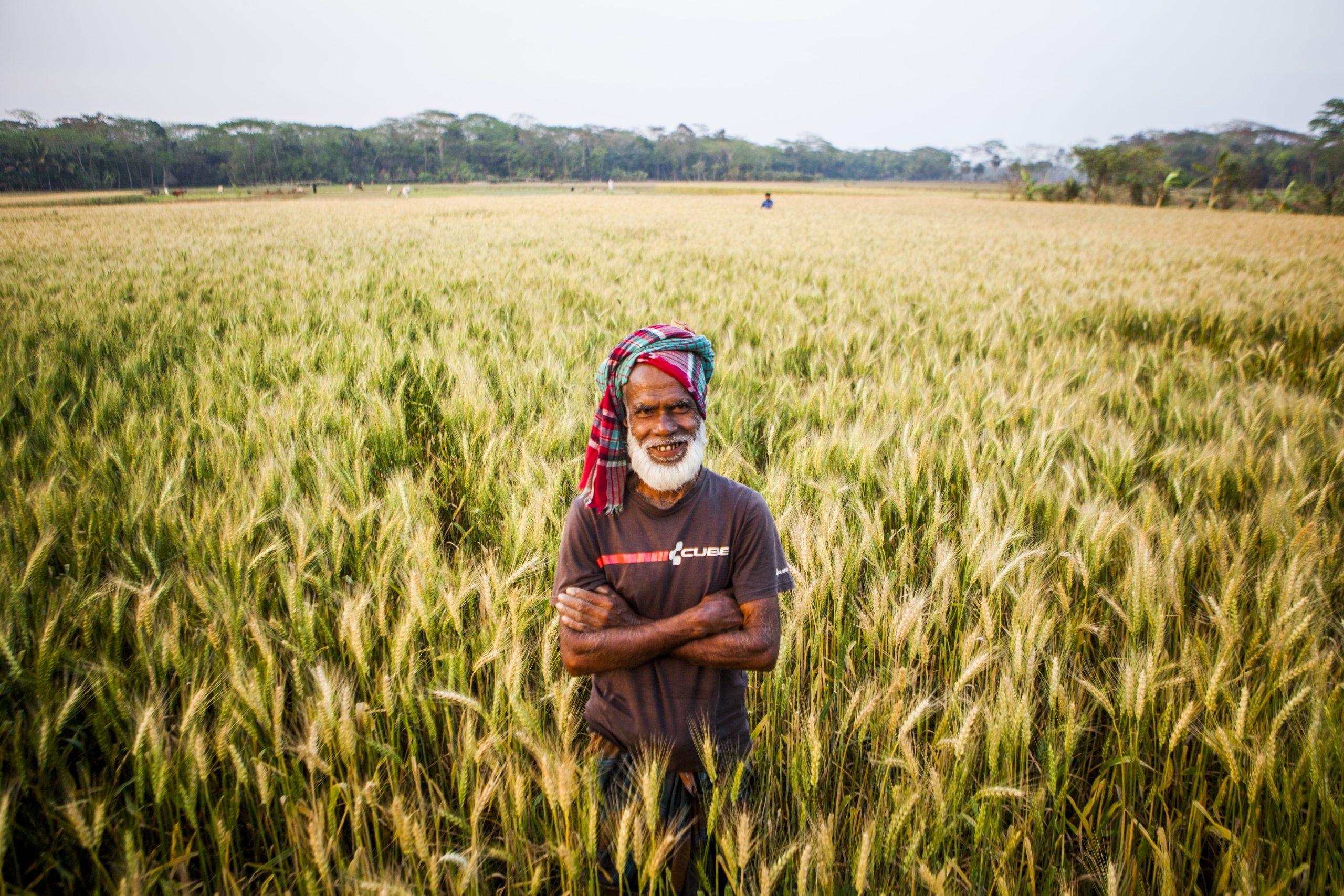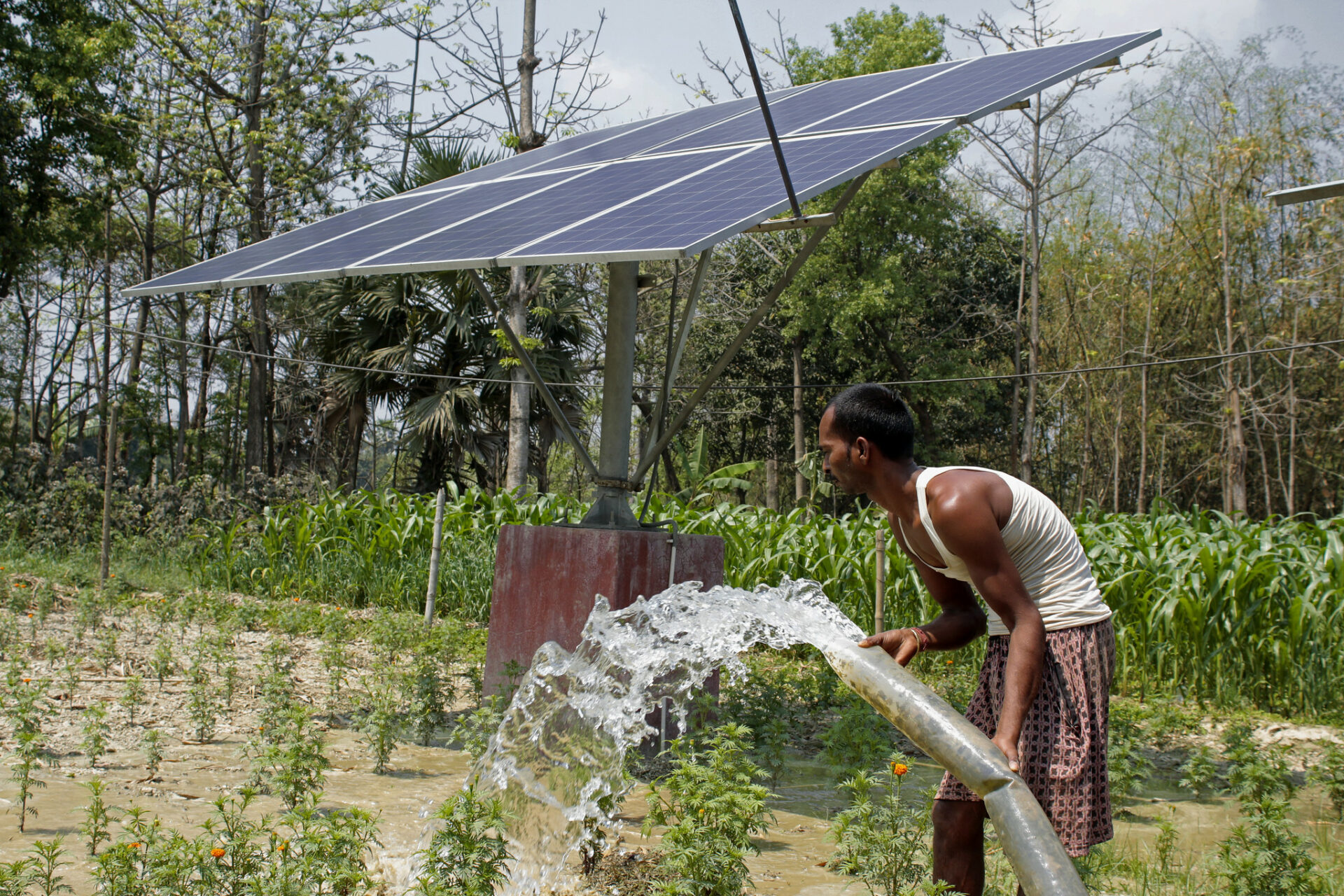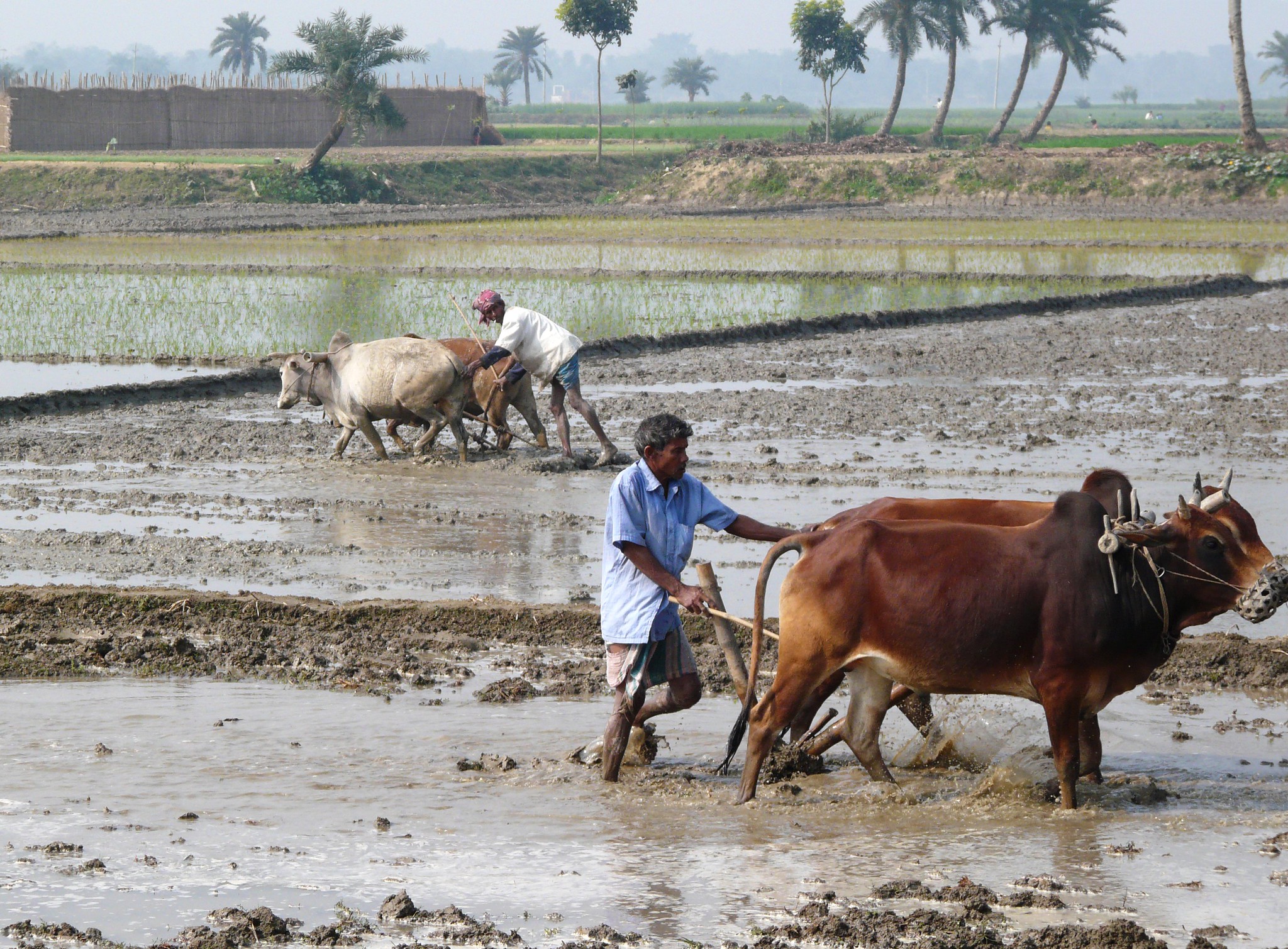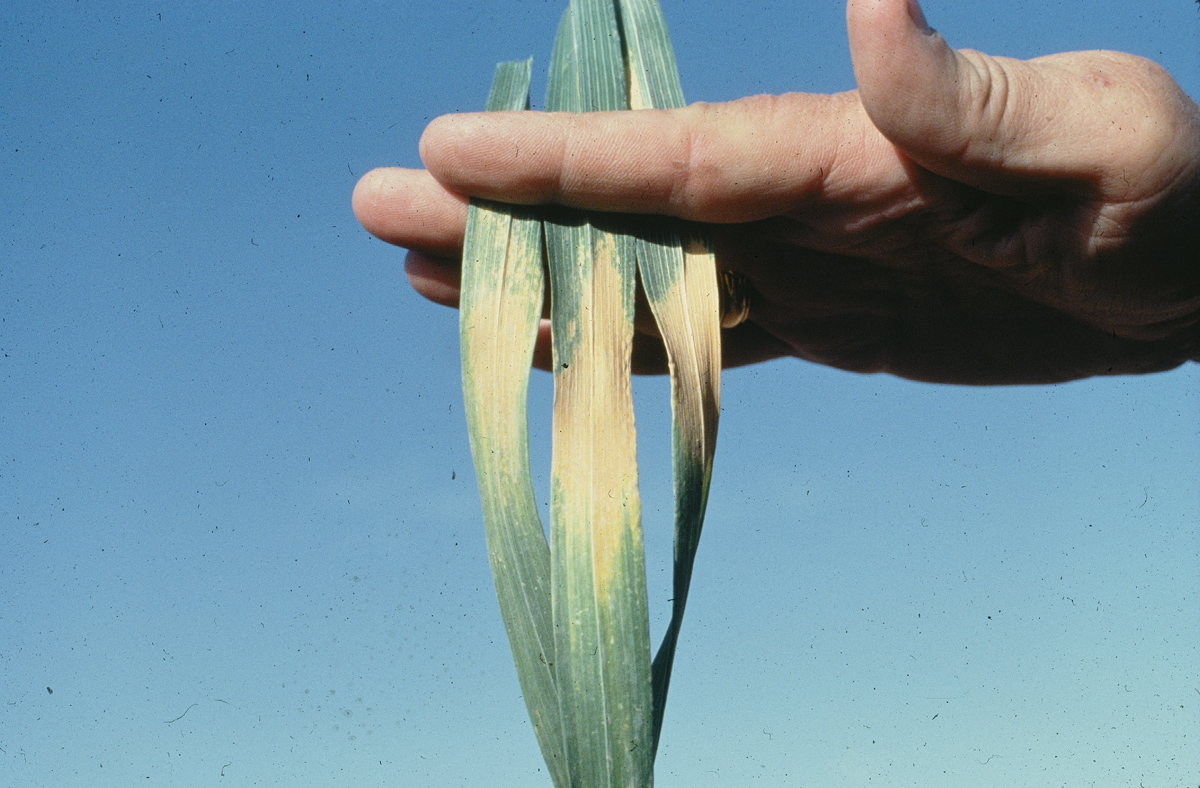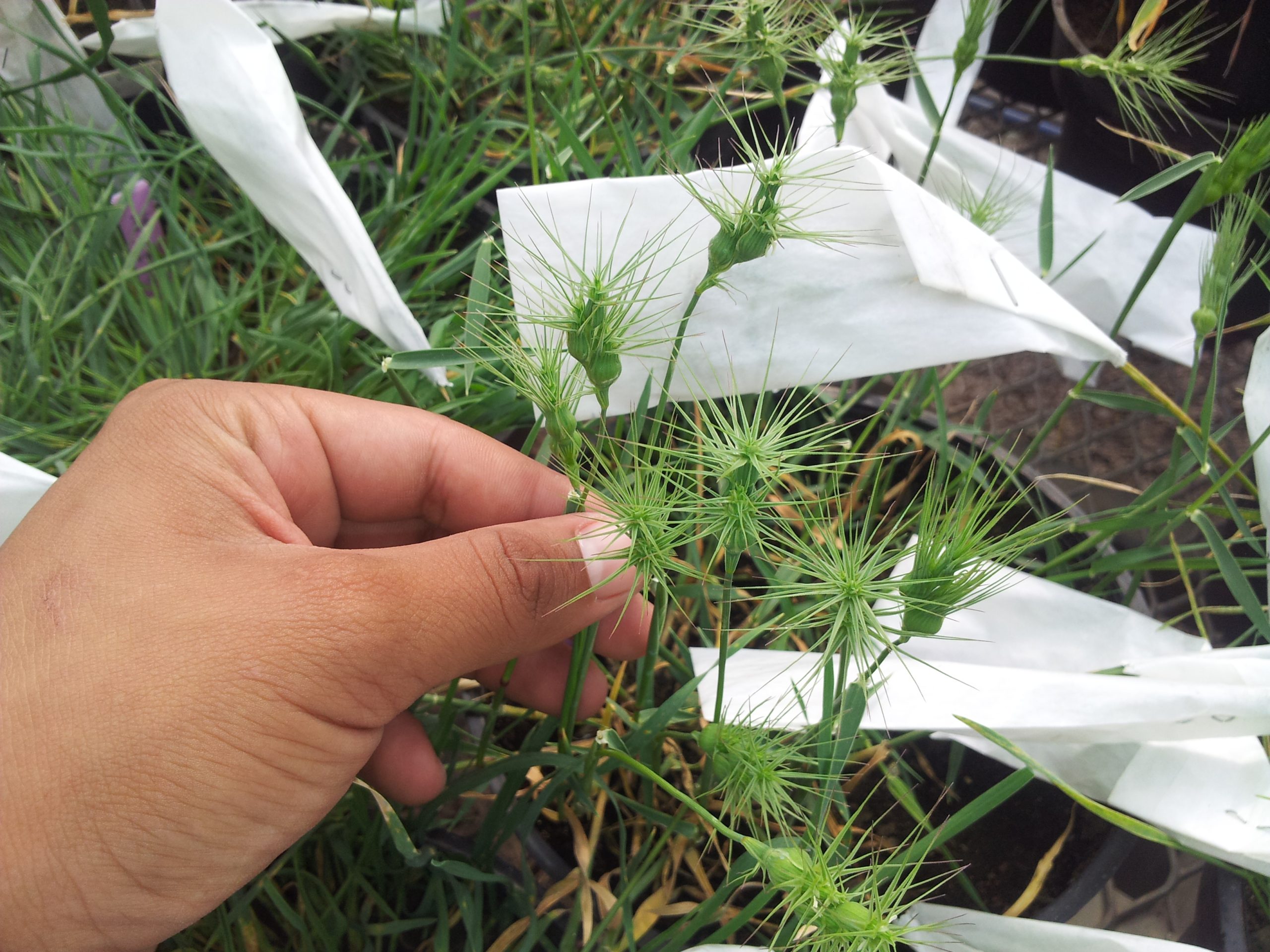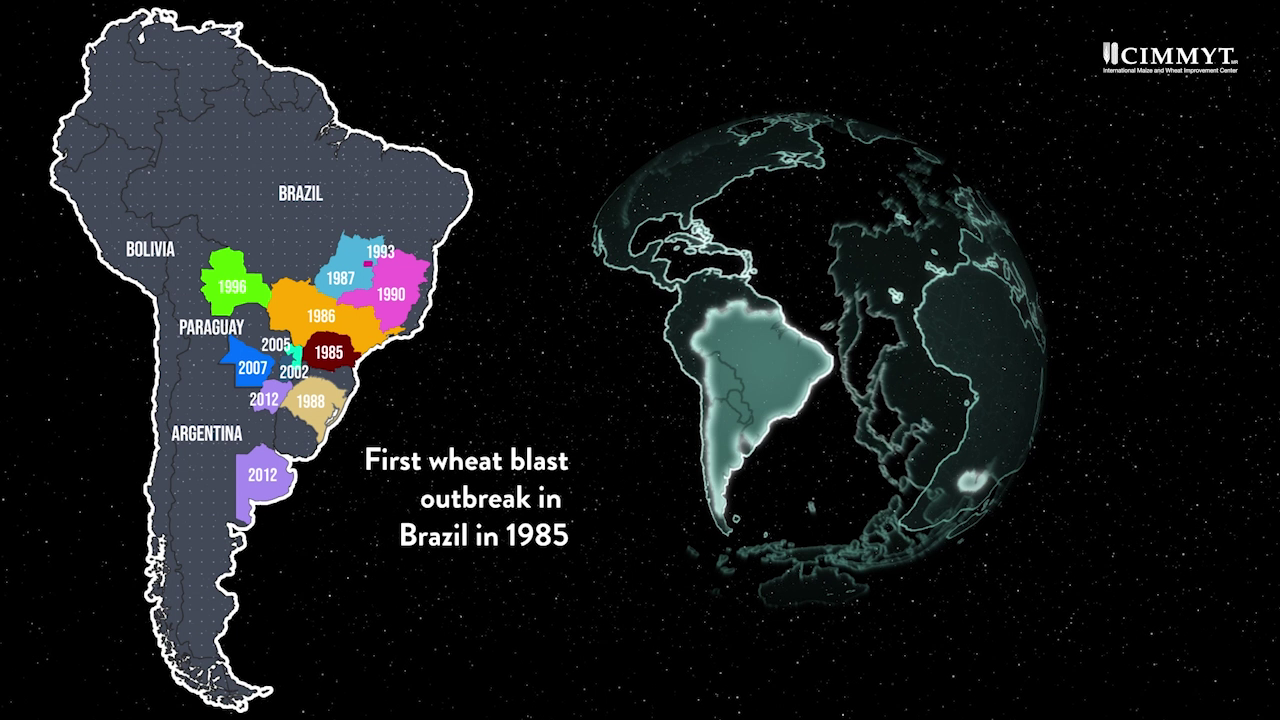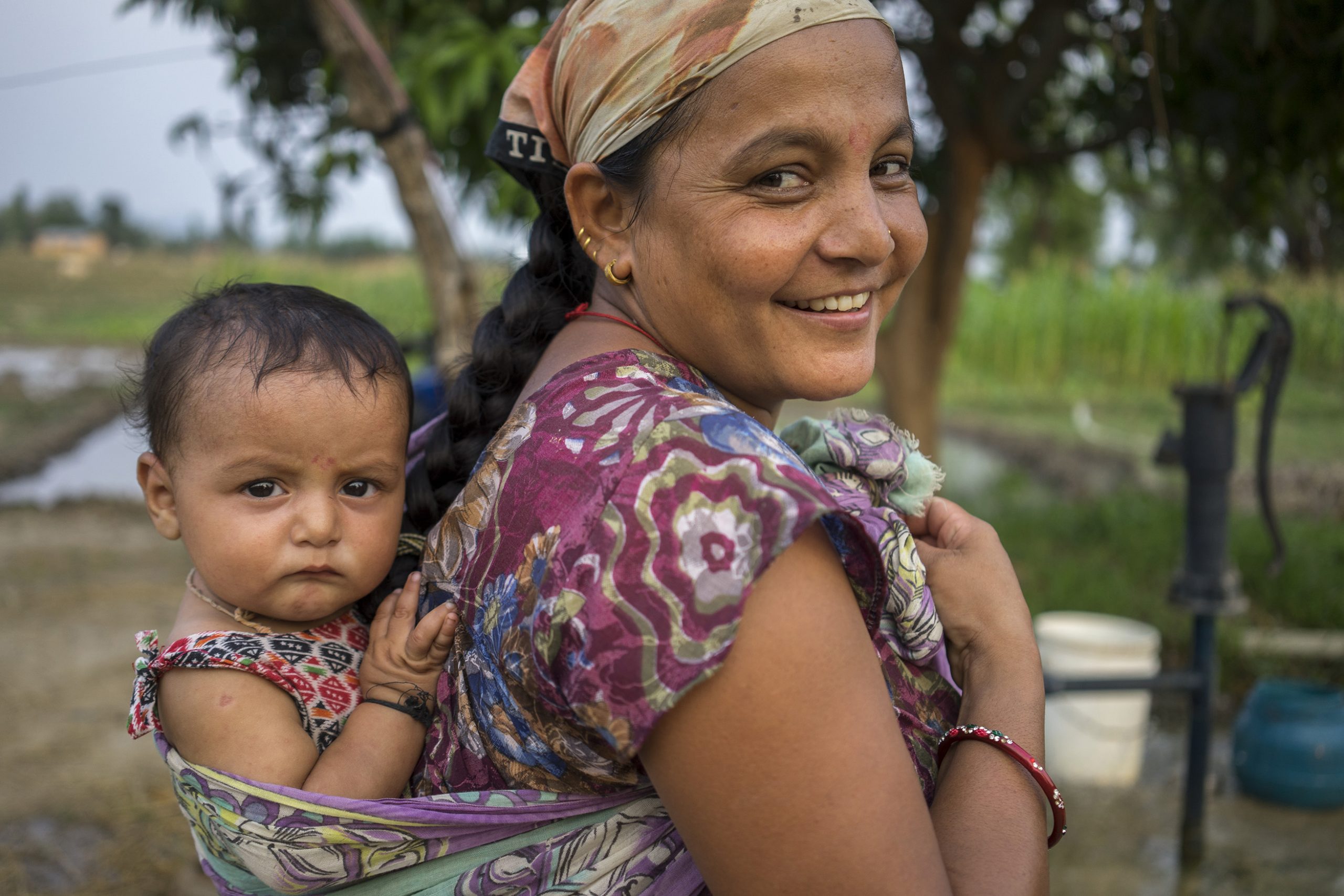Pakistan
For more information, contact CIMMYT’s Pakistan office.
China, Pakistan launched joint wheat breeding lab
 Capacity development
Capacity development
Source: Gwadar Pro (7 Mar 2023)
A joint lab for molecular breeding wheat research launches, with investment from China, Pakistan and CIMMYT.
Staple commodities: Country can save $1.3bn annually by developing efficient storage system
 Capacity development
Capacity development
Source: Business Recorder (2 Feb 2023)
The development of hermetic storage technology can help farmers in Pakistan to protect their crops post-harvest and pass on financial savings to consumers.
CIMMYT leads innovation sprint to deliver results to farmers rapidly
 Climate adaptation and mitigation
Climate adaptation and mitigation
Climate-resilient soil fertility management by smallholders in Africa, Asia, and Latin America.
CIMMYT and Join Hope sign partnership agreement
 Climate adaptation and mitigation
Climate adaptation and mitigation
A new collaboration will support the expansion of agricultural research in China.
Expanding BISA expertise to new horizons in South Asia
 Nutrition, health and food security
Nutrition, health and food security
Senior government representatives from across South Asia join forces to consolidate food security in the region.
After the flood
 Climate adaptation and mitigation
Climate adaptation and mitigation
Soil health and water infrastructure measures needed to restore wheat production in Pakistan, in rural communities devastated by major flooding.
Can agriculture bring South Asian countries together?
 Climate adaptation and mitigation
Climate adaptation and mitigation
An article in Amar Ujala in India explores the cross-country collaboration instigated by the Borlaug Institute for South Asia.
Galvanizing food systems transformation in South Asia
 Nutrition, health and food security
Nutrition, health and food security
New Initiative builds on CGIAR’s collective strengths and brings together stakeholders to address key regional development challenges.
2022 Excellence in International Service Award
 Environmental health and biodiversity
Environmental health and biodiversity
This award recognizes outstanding contributions to plant pathology by APS members for countries other than their own. Contributions may have been made through collaborative projects, sabbaticals, short- and long-term assignments with educational or governmental agencies, including, but not limited to, international centers and research institutes.
A climate-smart remodeling of South Asia’s rice-wheat cropping is urgent
 Environmental health and biodiversity
Environmental health and biodiversity
Multiple studies show conventional farming practices degrade soils, deplete aquifers and feed rampant greenhouse gas emissions.
Wheat versus heat
 Climate adaptation and mitigation
Climate adaptation and mitigation
Urgent action is required to mitigate effects of temperature extremes in South Asia, which threaten wheat production and human health.
Bringing wild wheat’s untapped diversity into elite lines
 Environmental health and biodiversity
Environmental health and biodiversity
Researchers hypothesized that many wild wheat accessions in genebanks feature useful traits that can help diversify breeding programs.
Pakistan, India transboundary dialogue imperative to resolve Lahore’s pollution: Amin
 Climate adaptation and mitigation
Climate adaptation and mitigation
Source: Daily Times (21 Nov 2021)
At COP26, Special Assistant to Pakistan’s Prime Minister on Climate Change said that a transboundary dialogue on mitigating air pollution was imperative to resolve Lahore’s smog.
Taming wheat blast
 Environmental health and biodiversity
Environmental health and biodiversity
Researchers point out the future of the disease, the ways to manage it and prevent it from spreading — within and across continents.
Capturing a clearer picture
 Gender equality, youth and social inclusion
Gender equality, youth and social inclusion
Researchers, extension services, partners and policymakers can better support feminization of agriculture processes in the Indo-Gangetic Plains through improved research and recommendations.


